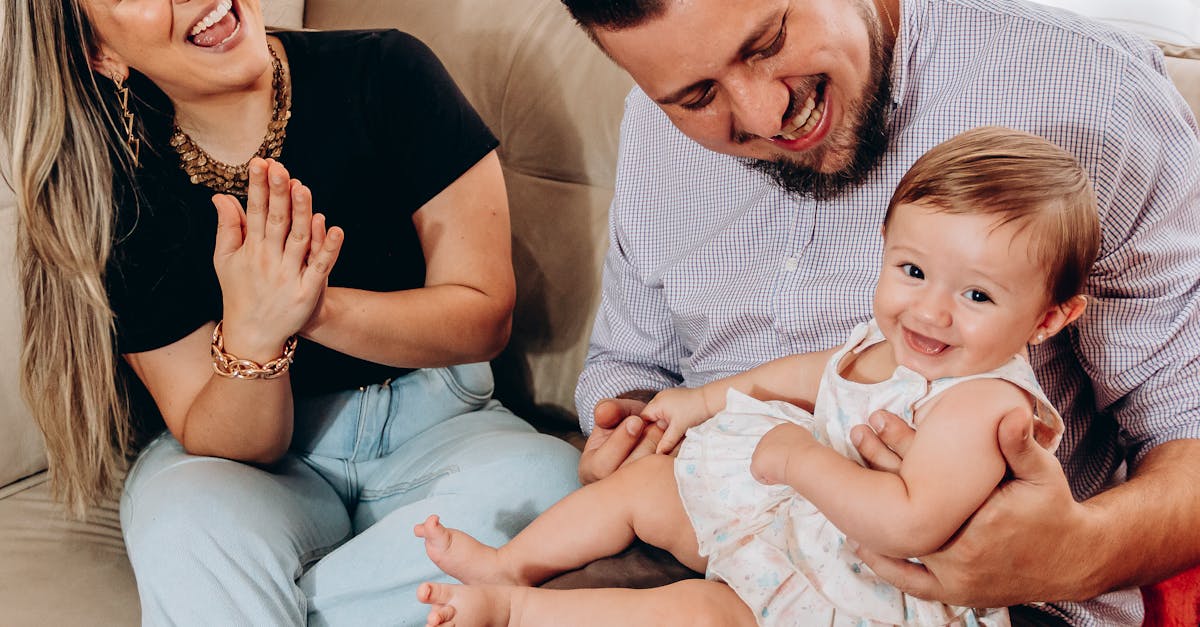Why Infant Physical Activity Matters
Did you know that physical activity boosts not just health, but also emotional wellness in infants? Integrating simple physical play into your infant’s daily routine can significantly enhance their emotional health. Regular movement activities help regulate your baby’s mood, promote better sleep, and reduce stress. Plus, these activities are a great way for you to bond with your little one!
In this post, we’ll explore the essential role of physical activity in your infant’s emotional wellness and offer practical tips to get started.

Bonding Through Play
Playing with your baby isn’t just fun; it’s an essential bonding experience! By engaging in playful physical activities, you’re strengthening the emotional connection. Remember how your baby giggles during tickle time? Those giggles are signs of happiness and security. So, whether it’s a gentle game of peek-a-boo or a playful bounce on your knee, these moments help your infant feel loved and understood. The joy shared during these times lays the foundation for a strong emotional bond.

Handling Emotional Outbursts
Let’s face it, babies cry—a lot. Sometimes, it’s a signal for a diaper change, and other times it’s an emotional outburst. Physical activity can be a great way to help soothe these moments. Gentle rocking, baby yoga, or a slow, rhythmic dance can work wonders. Movement can distract and calm your baby, turning emotional meltdowns into manageable moments.
Next time your baby is fussy, try a little dance party or a calming baby massage to help ease the tension.

Everyday Activities for Emotional Wellness
Incorporating physical activity into your baby’s daily routine doesn’t require expensive toys or special equipment. Simple activities like tummy time, rolling a soft ball, or supervised crawling sessions are great starters. These activities are easy to do and can fit seamlessly into your schedule. Not only do they promote motor skills, but they also support emotional development by providing a sense of accomplishment and joy in your baby’s day.

Engaging in these activities with your little one can create a strong bond and enhance their overall well-being. Remember, simple moments of connection and play can have a significant positive impact on your baby’s emotional development.
The Importance of Routine
Babies thrive on routine. Consistent physical activity can be a vital part of their daily schedule, providing structure and predictability. A routine that includes regular physical playtime helps set expectations and gives your baby something to look forward to. This can reduce stress and anxiety for both you and your baby. The stability that comes with a routine can make a world of difference in your infant’s emotional well-being.

Creating a consistent routine for your baby not only contributes to their emotional stability but also aids in their cognitive development. Predictable daily activities help babies learn cause and effect, build memory skills, and develop a sense of security. As your child grows, routines can evolve to meet their changing needs while providing a sense of security and comfort.
Incorporating Physical Play Safely
Safety first! While physical play is crucial, it’s important to ensure that all activities are safe and appropriate for your infant’s age and development stage. Always supervise your baby during activities and use age-appropriate toys and equipment. Safety mats, soft surfaces, and safe environments free of hazards are key to making sure that playtime remains a happy and secure time for your baby.

Encouraging Reader Engagement
We’d love to hear from you! What physical activities does your baby enjoy? Share your experiences and tips in the comments below. By fostering a community of supportive parents, we can all learn and grow together.
Feel free to ask questions or share your baby’s milestones. Your insights might just help another parent down the line!

